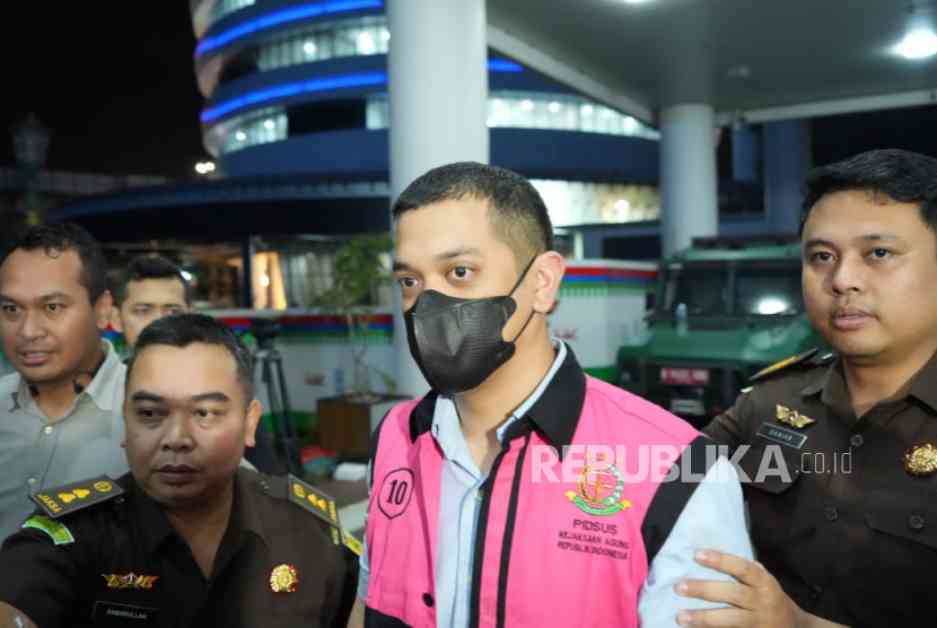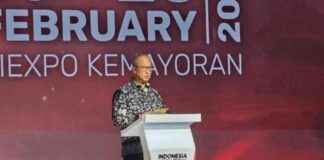A Case of Corruption Unveiled: How Manipulated Fuel Quality Caused a National Scandal
The recent arrest of Muhammad Kerry Andrianto Riza (MKAR), a key figure in the corruption scandal at PT Pertamina, has shed light on a complex web of deceit and manipulation within Indonesia’s oil industry. The investigation, spearheaded by the Corruption Eradication Commission (KPK) and the Attorney General’s Office (AGO), has uncovered a scheme involving the alteration of Research Octane Number (RON) ratings in fuel products, resulting in massive financial losses for the state.
The Corruption Eradication Commission (KPK) and the Attorney General’s Office (AGO) have been working tirelessly to untangle the web of corruption surrounding PT Pertamina, Indonesia’s state-owned oil and gas company. The case revolves around the illegal alteration of the Research Octane Number (RON) in fuel products, specifically the manipulation of RON 90 to be marketed as RON 92. This practice not only compromises the quality of the fuel but also leads to significant financial losses for the government.
The manipulation of RON ratings in fuel products has far-reaching implications, as RON serves as a critical indicator of the quality of gasoline. A higher RON number signifies a better fuel quality, while a lower RON number indicates substandard fuel. In the case of PT Pertamina, the suspects involved in the corruption scandal took advantage of this system by purchasing RON 90 fuel from overseas markets and selling it as RON 92 to unsuspecting consumers.
Abdul Qohar, Deputy Attorney General for Special Crimes at the AGO, has shed light on the intricate details of the corruption scheme. According to Qohar, PT Pertamina Patra Niaga, a subsidiary of PT Pertamina, was implicated in the illegal procurement of fuel products. The company’s director, Riva Siahaan (RS), was found to have authorized the purchase of RON 90 fuel while invoicing it as RON 92, a blatant act of deception.
Furthermore, Qohar revealed that once the RON 90 fuel arrived in Indonesia, it was subjected to a process known as blending, where it was mixed with higher-octane fuel to artificially elevate its RON rating. This deceptive practice allowed the perpetrators to sell the fuel at a premium price, thereby defrauding both consumers and the government.
The ramifications of this corruption scandal are staggering, with an estimated financial loss of Rp 193.7 trillion, underscoring the magnitude of the crime. The seven individuals implicated in the case, including Riva Siahaan, Sani Dinar Saifuddin, and Yoki Firnandi, are facing serious charges related to their involvement in the fraudulent scheme. As the investigation continues, the AGO remains steadfast in its commitment to holding all responsible parties to account and restoring integrity to Indonesia’s oil industry.
The case of corruption at PT Pertamina serves as a stark reminder of the pervasive nature of white-collar crime and the importance of robust regulatory oversight in safeguarding public interests. As the authorities work tirelessly to uncover the truth behind this scandal, the Indonesian public remains hopeful that justice will prevail and those responsible will be held accountable for their actions.














